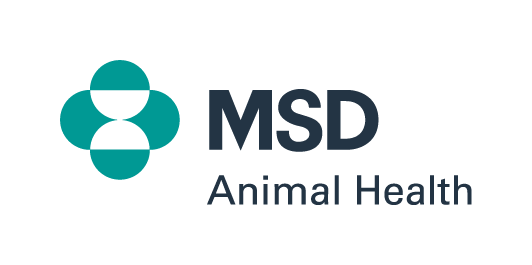
Ethical Treatment of Animals

Animals are indispensable in the development of new animal medicines, and to demonstrate the safety and potency of animal health treatments.
Our company is dedicated to the ethical and responsible treatment of all animals used in the development and testing of medicines and vaccines. Decisions regarding animal care, use and welfare are made by balancing scientific knowledge and regulatory requirements with consideration of ethical and societal values.
It is important to note that a large variety of non-animal (in vitro, or test tube) studies are performed at our company prior to or instead of animal studies. Animals are used only to address important scientific questions, or to fulfil a regulatory requirement.
To promote our commitment, we subscribe to the 3 Rs—replacement, reduction and refinement—for animal-based research.
The care and use of animals in research, testing, and teaching (RTT) is highly regulated. In general, the regulations govern housing, feeding, and veterinary care. Proposals to use animals must be reviewed by an Animal Ethic’s Committee (AEC) established under the Animal Welfare Act. Animals may only be used if approved by the AEC, and use must comply with all conditions set by the AEC. The committee membership includes veterinarians and scientists knowledgeable in animal-based research, a representative of the SPCA, as well as non-scientists and community members. Our animal facilities are staffed and managed by trained and experienced technicians and professionals.
Animal use oversight
Animal use is regulated and monitored at many levels:
Animal facility management supervise the day to day activity, to ensure it complies with company & regulatory guidelines.
MSD’s Quality Assurance department carry out regular internal audits to ensure compliance with company policy and government regulation.
Veterinary Inspections of animal facilities occur regularly.
The AEC monitors animal facilities and approvals, to ensure compliance to approval conditions.
The New Zealand Government carries out 5 yearly reviews to ensure compliance with regulation, policy, and codes of conduct.
Any staff whose work involves use of animals in RTT are trained to perform the duties required. Training includes review of regulations and policies, instruction on how to search for animal research alternatives, explanation of the role of the AEC’s, and training on how to raise concerns about misconduct. Qualified veterinarians work with the scientific staff to consult on and assist with all animal-related projects. Our company places a high value on its animal welfare stewardship responsibility; violation of these policies is grounds for employee disciplinary action, up to and including dismissal.
Support for animal science and research animal well-being
We advocate for the development of best practices and dissemination of information by supporting and participating with non-governmental organisations to foster a greater understanding of biomedical research, advancements in research-animal science and the development of alternatives to animal use.
Replacement, reduction and refinement
We are committed to the philosophy of using the best scientific methodologies and animal alternatives whenever possible or permissible by law. To promote this commitment, we subscribe to the 3 Rs—replacement, reduction and refinement—for animal-based research.
Replacement: Using non-animal systems or less-sentient species (e.g., cell cultures, computer modelling, bacterial assays, and fly or worm models). Our scientists have access to specialised software that searches the scientific literature for viable alternatives to animal research.
Reduction: Using the minimum number of research animals necessary to obtain valid scientific data.
Refinement: Minimising distress or discomfort. Our scientists conduct extensive literature reviews to choose the best scientific models and design the most effective studies. When animals are required for a study, anaesthetics, analgesics and tranquilisers are used whenever possible to minimise or eliminate potential pain or distress.
